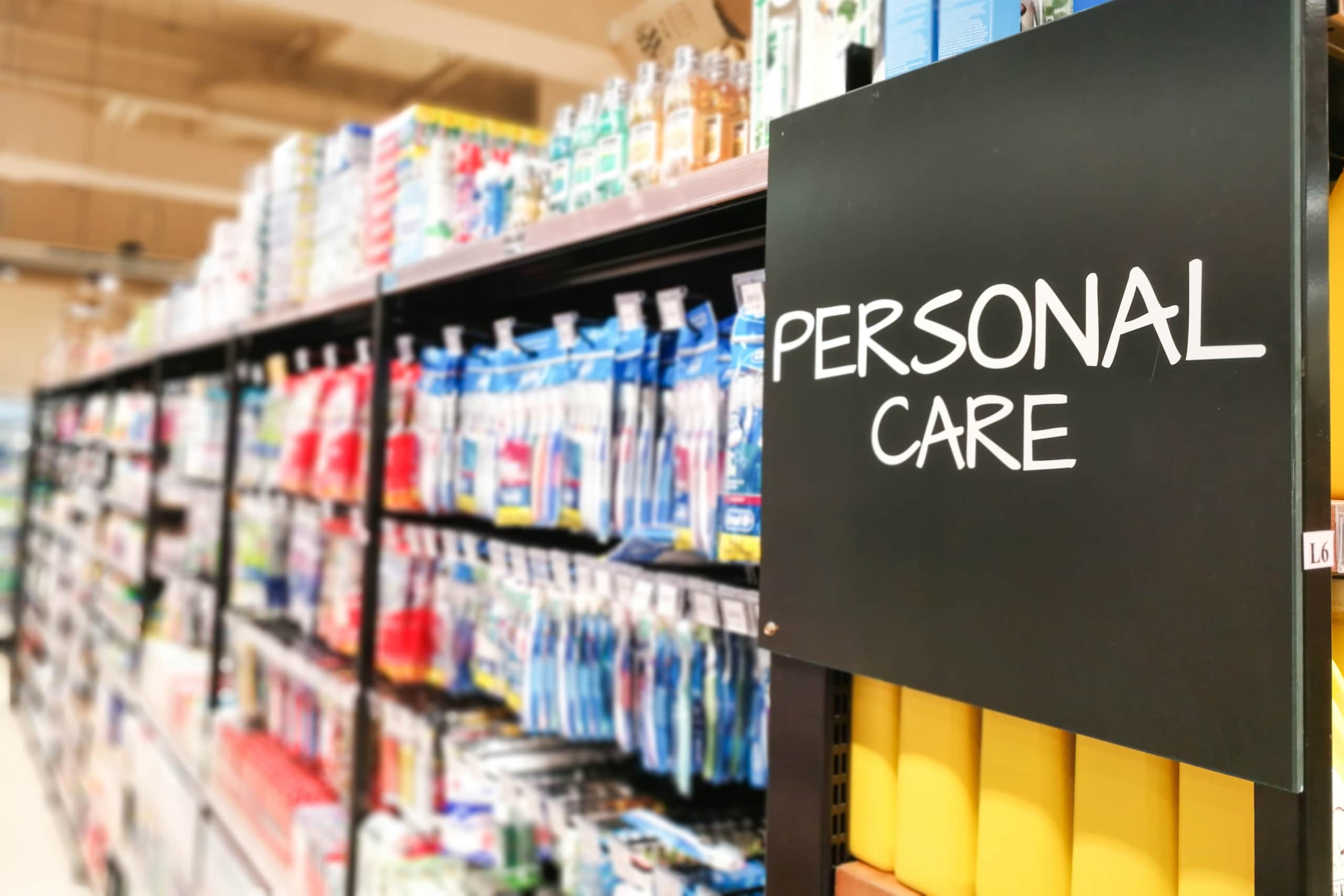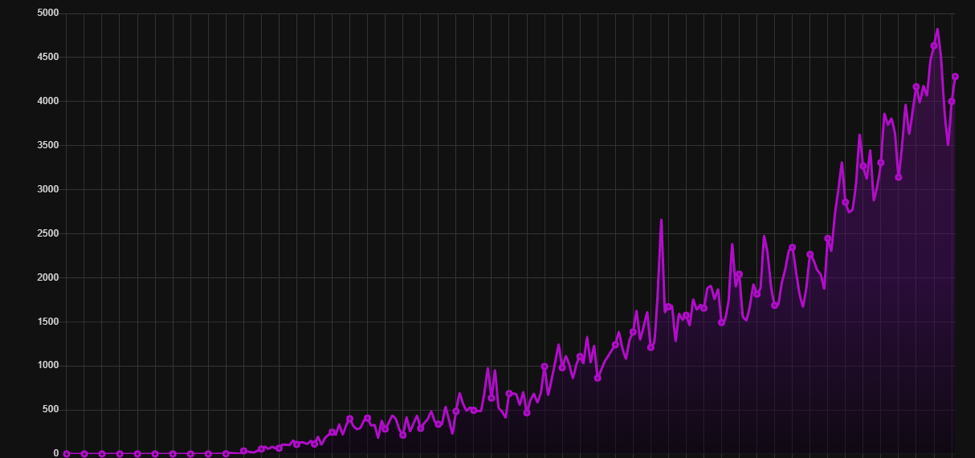
About Taking Care Of Yourself
Not going out of the house much is not an excuse to stop taking care of oneself. In fact, it is more important to do

Not going out of the house much is not an excuse to stop taking care of oneself. In fact, it is more important to do

On the 14th of September, Jakarta announced its second round of Large-scale Social Restriction (PSBB II) measures following the national daily infection rate hitting an

In our previous article, we’ve mentioned that from our August survey, 66% of consumers have stated that they have tried new brands and/or switched brands.

Although a total of 83% of Indonesians are interested in getting the COVID-19 vaccine once available, only 34% of them strongly agree about the statement

The pandemic has changed so many aspects of businesses that not only do business owners need to change their strategies in selling their products and

E-commerce transactions in Indonesia has been growing tremendously since 2015 with GMV (Gross Merchandise Value) of US$ 1.7 billion at a CAGR of 88% reaching
Stay up to date with our latest findings

In today’s fast-paced lifestyle, many Indonesians find themselves deeply attached to certain products that bring them comfort, entertainment, or simply a sense of satisfaction. What’s

In the first part of this post, we discovered that only 10% of Indonesians rely solely on shampoo without using other hair care products [1].

In a world where customer expectations, technology, and competition evolve rapidly, businesses cannot afford to stay stagnant. A strong brand today might feel outdated tomorrow

Indonesia, a nation known for its vibrant democracy, is currently experiencing a period of heightened social and political unrest. Recent large-scale protests, sparked by public

These days, the variety of hair care products has expanded significantly. Our recent survey in August 2025 discovers that more Indonesians are now paying attention

Financial anxiety is one of the strongest forces shaping consumer behavior in 2025. Rising living costs, global economic uncertainty, and household debt are pushing people